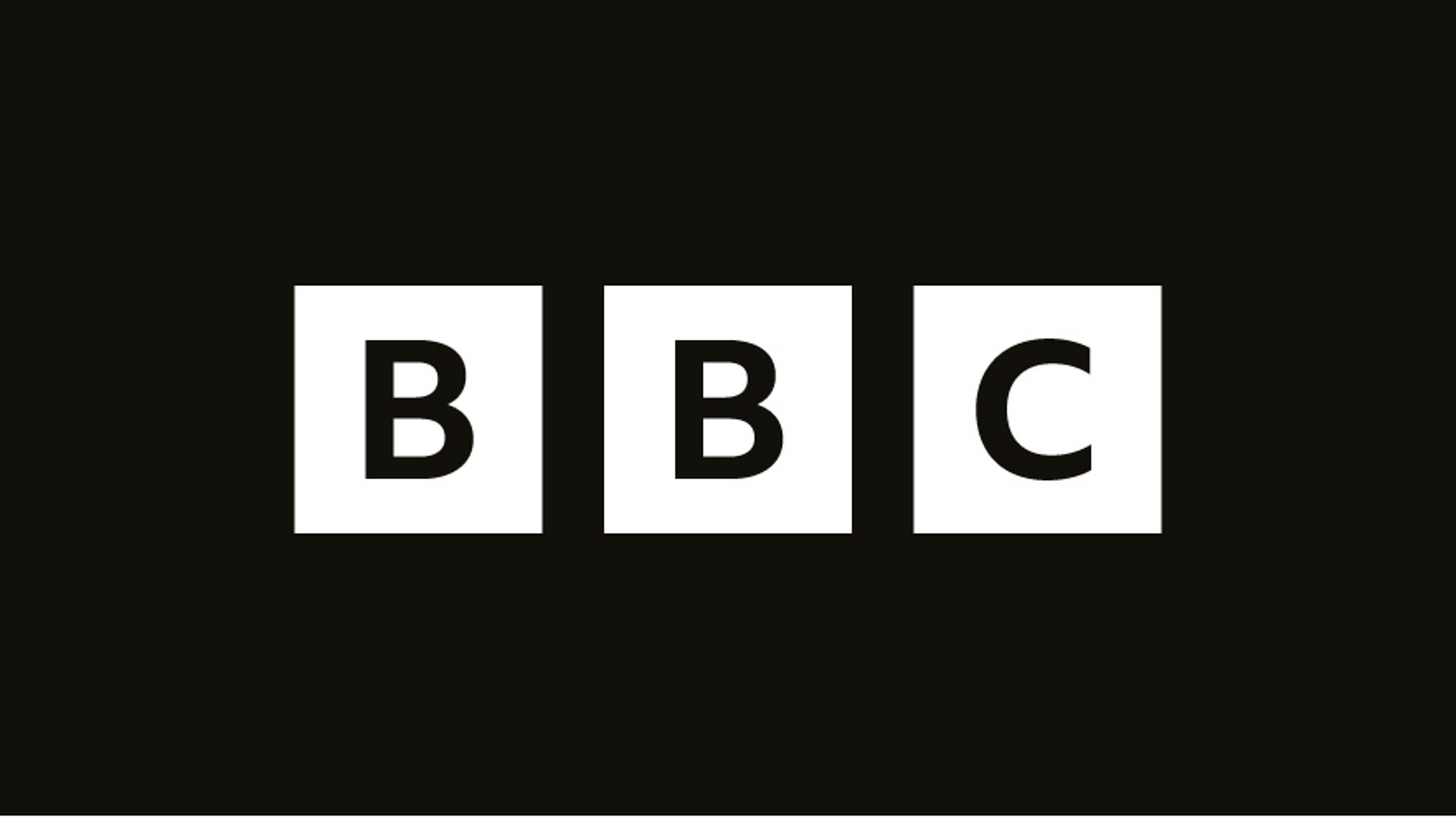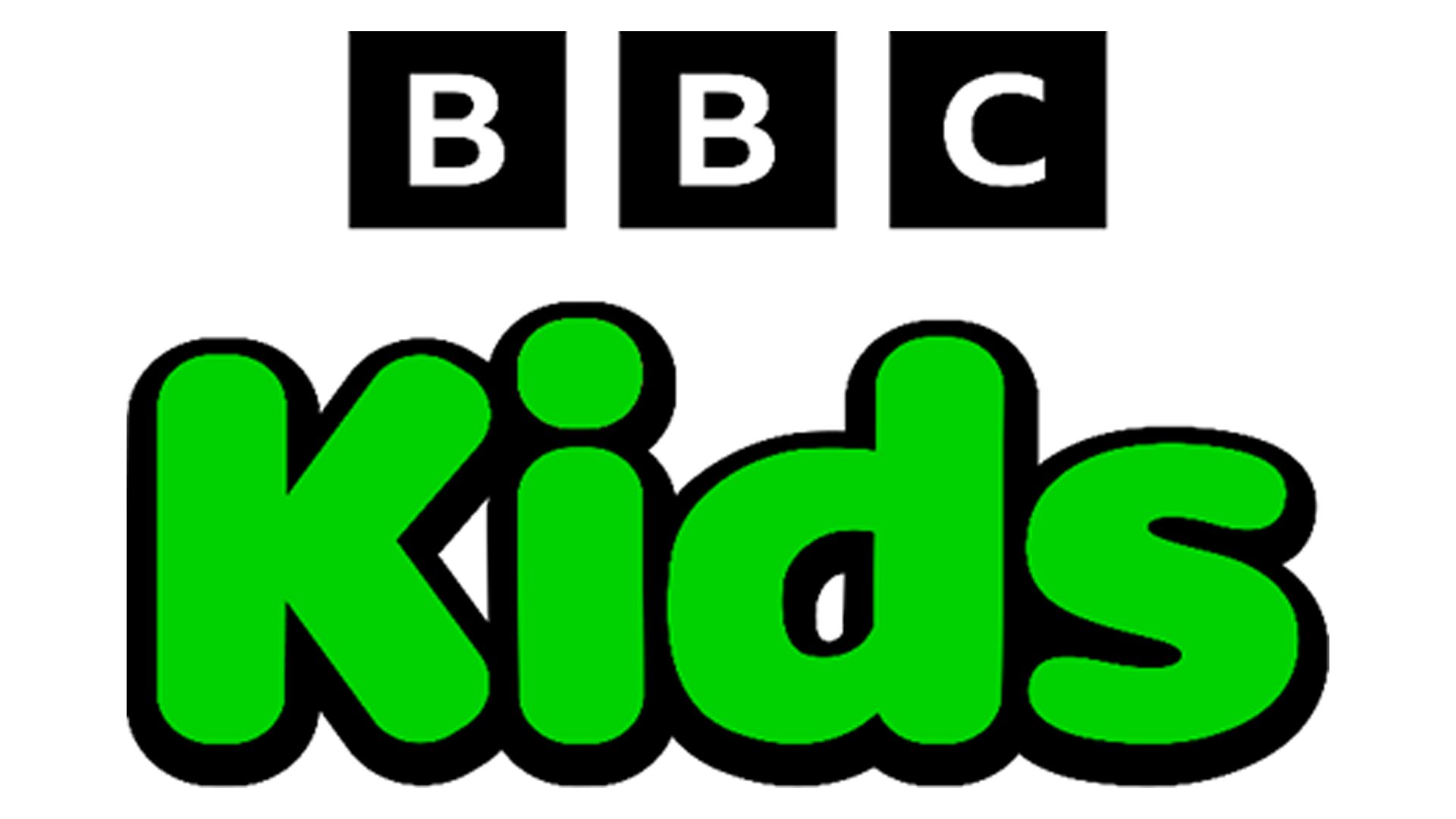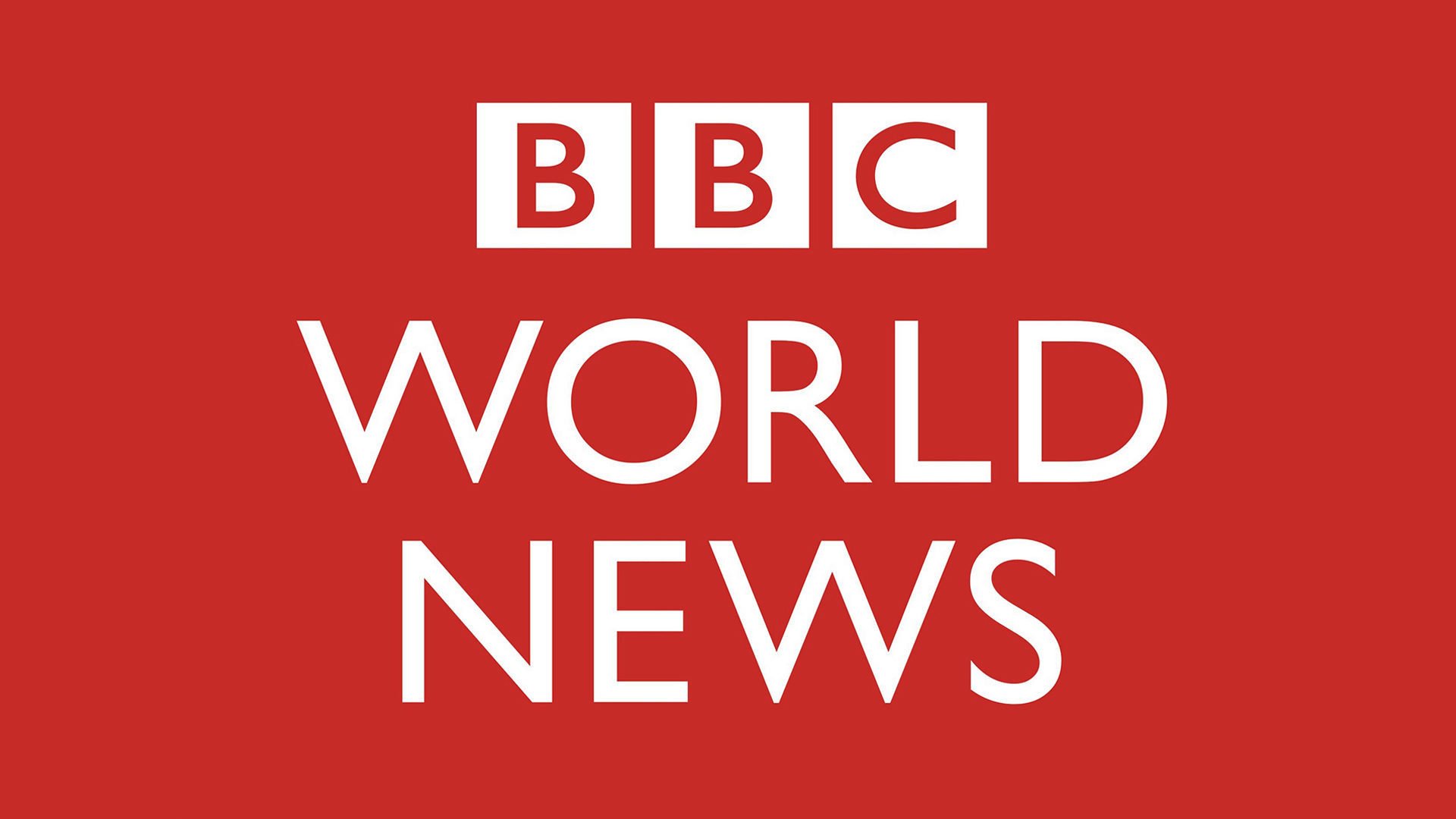What Is BBC - Britain's Public Broadcaster
When people talk about the British Broadcasting Corporation, often just called the BBC, they are really talking about a truly significant public service broadcaster that calls Britain home. This organization, you know, has its main offices right there in London, England, at a place known as Broadcasting House. It’s almost like a central spot for all the programs and news that come from this important institution, serving folks across the United Kingdom and, in some ways, around the globe.
This particular broadcaster has a rather long history, stretching back quite a bit. It started out with a slightly different name, but it quickly grew into the well-known entity it is today. Its reach is quite extensive, providing all sorts of things for people to watch and listen to, from daily news updates to entertaining shows, and even music that sets trends. It's a very big operation, honestly, with a lot of people working to bring content to screens and radios everywhere.
So, you might wonder what exactly this organization does, or how it came to be such a big part of daily life for so many. Well, it provides a whole range of offerings, from television channels to radio stations and even online services, making sure there's something for nearly everyone. We will get into what this familiar group of letters truly stands for and how it all got started, giving you a better idea of its widespread impact.
Table of Contents
- What is BBC - A Look at Its Beginnings?
- How Does What is BBC Operate?
- What is BBC News - A Global Reach?
- What is BBC Beyond News and Core Services?
- The Many Meanings of What is BBC
- The Structure of What is BBC
- A Public Service Heart - What is BBC's Core?
- What is BBC's Legacy and Influence?
What is BBC - A Look at Its Beginnings?
The story of what is BBC really begins a good while ago, back in 1922, when it first came into existence as the British Broadcasting Company. It was, in a way, just starting its life then, getting ready to become something much bigger. This initial company then changed its form and took on its present name, the British Broadcasting Corporation, right on New Year's Day in 1927. So, that's when it truly became the BBC as we know it today, more or less.
Its main office, the place where a lot of the planning and creating happens, is located at Broadcasting House in London, England. This building, you know, serves as the central point for a lot of the organization's daily work. It’s a pretty important spot for them, almost like a home base for their wide-ranging activities. For a place that has been around for so long, having such a well-known central spot makes a lot of sense.
When you think about broadcasters, the BBC is actually quite special because it is the oldest and also the largest local and global broadcaster around. This is true both in terms of its standing in the world and the sheer number of people who work for it. It has a very large team, with thousands of individuals helping to make everything happen. So, it’s not just old; it’s also quite big, apparently, in its scope and its workforce.
- Kiki Rhom Net Worth
- How Far Is Trieste From Venice
- Baby Bearded Dragon
- Beau Marie St Clair
- Is Sophie B Hawkins Married
How Does What is BBC Operate?
The British Broadcasting Corporation, or what is BBC, works as a publicly financed broadcasting system within Great Britain. This means it gets its money from public sources, which is a bit different from some other media groups. It operates under what is called a Royal Charter, and this special document helps to make sure it can do its work without being told what to say by outside influences. It's really about keeping things fair and open, you see.
For a period of time, this organization had a kind of exclusive right to television in Great Britain. This lasted from when TV was first introduced until 1954. And for radio, it held a similar exclusive right until 1972. So, for many years, it was really the main source of these kinds of broadcasts for people living there. That's a pretty long stretch of time to be the only one, you know, providing those services.
Today, its main offices are still in London, specifically in the Greater London area of Westminster. This is where a lot of the big decisions are made and where much of the content is put together. The BBC, generally speaking, provides radio, television, and online services to people not just in the UK but also around the world. It’s quite a widespread operation, you might say, reaching many different places with its varied offerings.
A big part of how the BBC gets its money is through a television license fee. People who watch television in the UK typically pay this fee, and that money goes directly to support the BBC’s work. That Royal Charter we talked about earlier is really important because it makes sure the BBC stays independent and keeps its role as a public service provider. It’s kind of like a promise to the people, ensuring the content serves a broader purpose.
The Royal Charter itself has a clear statement about what the BBC is meant to do. It says that the organization's main aim is "the fulfilment of its mission and the promotion of its public purposes." So, it’s not just about making shows; it’s about doing something meaningful for the public, you know, fulfilling a particular role in society. This focus on public purpose is a core part of what the BBC is all about, honestly.
There's also something called the BBC English Company, which acts as a central media hub for the United Kingdom. It’s considered a proper noun, meaning it refers to a specific, named entity. This company helps to bring together various aspects of media within the UK, playing a part in how information and entertainment are shared. It’s just another piece of the larger structure that helps what is BBC operate as it does.
What is BBC News - A Global Reach?
When you think about news organizations that broadcast, what is BBC News is truly a very big one, possibly the largest in the entire world. It has a huge team, with more than 2,000 people who work as journalists, gathering stories and reporting on events. They also have many newsgathering offices, called bureaux, with 48 of them in total. A good number of these, 41 actually, are located in places outside of the UK, which shows just how far their reach extends.
This news operation is really quite busy, producing a lot of content every single day. They put out about 120 hours of radio and television news output daily, which is a significant amount of information. This constant flow of news helps people stay informed about what’s happening, both close to home and in other countries. It’s a pretty constant effort to keep everyone updated, you know, with fresh reports and stories.
The BBC has a commitment to providing what is called impartial public service broadcasting. This means they aim to give fair and unbiased information to people in the UK, as well as those living in the Channel Islands and the Isle of Man. It’s about presenting facts without taking sides, which is a very important part of their public role. They try to make sure everyone gets a balanced view of events, you see.
Beyond the UK, the BBC World Service is a big part of what is BBC's global presence. This service provides television, radio, and online content in more than 40 different languages. So, people all over the world, speaking many different tongues, can access news and other programs from the BBC. It’s a truly wide-reaching effort to connect with audiences far and wide, helping to share information and culture across borders, basically.
What is BBC Beyond News and Core Services?
It's interesting to know that what is BBC also has commercial operations. These parts of the organization work to make money, and that income is then put back into creating new programs and other content. So, while a big part of the BBC is about public service, they also have ways to generate funds that help them keep making all sorts of things for people to enjoy. It’s a way of supporting their creative efforts, you know.
One very well-known event associated with the BBC is the BBC Proms. This is an annual festival that celebrates classical music, and it has been happening for a very long time, since 1895. It’s a big deal for music lovers and shows the BBC’s long-standing connection to the arts. This festival is just one example of the diverse kinds of things the BBC is involved with, apparently, beyond just news and general entertainment.
In the world of music, BBC Radio 1 has been quite impactful. It first started broadcasting in 1967 and has really helped to shape what kinds of music people listen to. It’s played a role in introducing new artists and sounds, influencing music trends over many years. So, it’s not just about playing songs; it’s about being a part of how music evolves and reaches a wider audience, basically.
The BBC also has a Natural History Unit, which is famous for making some truly remarkable documentaries about the natural world. They have produced shows like "Planet Earth," which have really changed how people see and appreciate wildlife and our planet. These kinds of programs are very well-regarded and show a different side of what the BBC creates, a very visual and educational one, you might say.
The BBC has also been really good at covering big events, like the Olympic Games. Their coverage of these major happenings has often brought people together, allowing many to experience these moments as they unfold. It’s a way of sharing important cultural and sporting occasions with a large audience, creating a shared experience for many viewers. This ability to connect people through shared viewing is a pretty powerful thing, honestly.
Going back to its early days, the British Broadcasting Company, the original name, started its daily radio transmissions in 1922. So, that’s when the regular broadcasts really began, setting the stage for what was to come. Then, a little later, in 1932, the BBC began the world’s very first regular television service. This was a huge step, making them pioneers in broadcasting, you know, bringing pictures into people’s homes for the first time on a regular basis.
Today, the BBC continues to provide television, radio, and online services all across Britain and to places overseas. Its main office is still at Broadcasting House in London, United Kingdom. It’s a constant operation, making sure content is available to many different people in many different ways. This continued presence, both at home and abroad, shows how much it has grown from its early beginnings.
The Many Meanings of What is BBC
When you see the letters "BBC," it typically stands for the British Broadcasting Corporation, especially in the context of media and news. However, it’s worth noting that "BBC" as an abbreviation can actually mean different things depending on the situation. It’s like how some groups of letters can have multiple interpretations across various areas, such as technology, business, education, or even in legal discussions. So, its meaning can vary, you know, depending on where you encounter it.
For example, according to sources like the Free Dictionary, the abbreviation "BBC" also has a good number of other meanings besides British Broadcasting Corporation. These other meanings are, in fact, far less common or widely recognized in general conversation. One such meaning, usually shortened to BBC, is a sexual slang term and a genre of ethnic pornography that focuses on black men with large penises. This term is often used in both straight and gay pornography. So, it's just one of those things where the same letters can point to very different ideas, apparently, depending on the specific context you're looking at.
It just goes to show that while we might immediately think of the broadcaster, the abbreviation itself can be quite flexible in what it represents. This kind of flexibility is common with abbreviations, as they get adopted and used in different fields for different purposes. So, while we are talking about the famous broadcaster, it’s good to be aware that the letters themselves can have other, less common, associations out there, you know, in various specialized areas.
The Structure of What is BBC
The British Broadcasting Corporation is a truly large organization, and its structure helps it manage all its varied activities. For instance, BBC News is actually an operational business division within the larger BBC. This means it’s a specific part of the organization that is responsible for gathering and broadcasting news and current affairs, both in the UK and around the world. It’s a dedicated unit, you see, focused solely on that important task.
The BBC Commercial Board is another important part of the structure. This group has the job of looking after and guiding the organization’s plans for making money through its commercial ventures. They oversee how the BBC tries to achieve its business goals, ensuring that these operations help to support the broader mission of the broadcaster. It’s about making sure the commercial side works effectively to benefit the whole organization, basically.
When we look at the total number of people who work for the BBC, it’s quite a significant figure. The BBC is the largest broadcaster in the world when you count its employees. It has over 20,950 staff members in total. Out of this large number, 16,672 people work specifically in public sector broadcasting. This shows a real commitment to its public service role, with a large team dedicated to that core purpose, you know, serving the public directly.
A Public Service Heart - What is BBC's Core?
At its very heart, what is BBC is the public service broadcaster of the United Kingdom. This means its main purpose is to serve the public, rather than focusing purely on making money or pleasing shareholders. It’s about providing valuable content, news, and entertainment that benefits everyone, in a way. This focus on public service is really what sets it apart from many other media companies, you might say.
The Royal Charter that governs the BBC plays a big role in guaranteeing its independence. This independence is really important because it means the BBC can report on stories and create programs without feeling pressure from political groups or commercial interests. It’s about being able to tell the story as it is, without bias, which is a very important part of its public service role. This freedom allows them to maintain a trusted voice, basically.
For those who want to know even more about the services the BBC provides, or about its information and how it relates to government activity, you can typically find more details on gov.uk. This is where official information about public bodies is often shared, providing a transparent way for people to learn about how organizations like the BBC operate within the public sphere. It's a good place to go for official facts, you know, about its various functions.
What is BBC's Legacy and Influence?
The BBC is not just any broadcasting organization; it holds the title of being the world's oldest national broadcasting organization. This long history means it has been around for many significant moments, shaping how people receive information and entertainment for generations. Its age speaks to its enduring presence and its ability to adapt over time, remaining relevant for a very long period, apparently.
Beyond its age, the BBC's influence can be seen in many areas. For example, its Natural History Unit has been responsible for creating truly remarkable documentaries, like the well-known "Planet Earth" series. These shows have changed how we see the natural world, inspiring a lot of people to care
- Redbull Israel Product Or Not
- Leejong Suk
- Shumpert Net Worth
- Gloria Torres Onlifans
- Marta Sales Sales Wikipedia

Welcome to the BBC Branding site

BBC Kids launches in South Africa and Taiwan - Media Centre

BBC World News - Twin Cities PBS